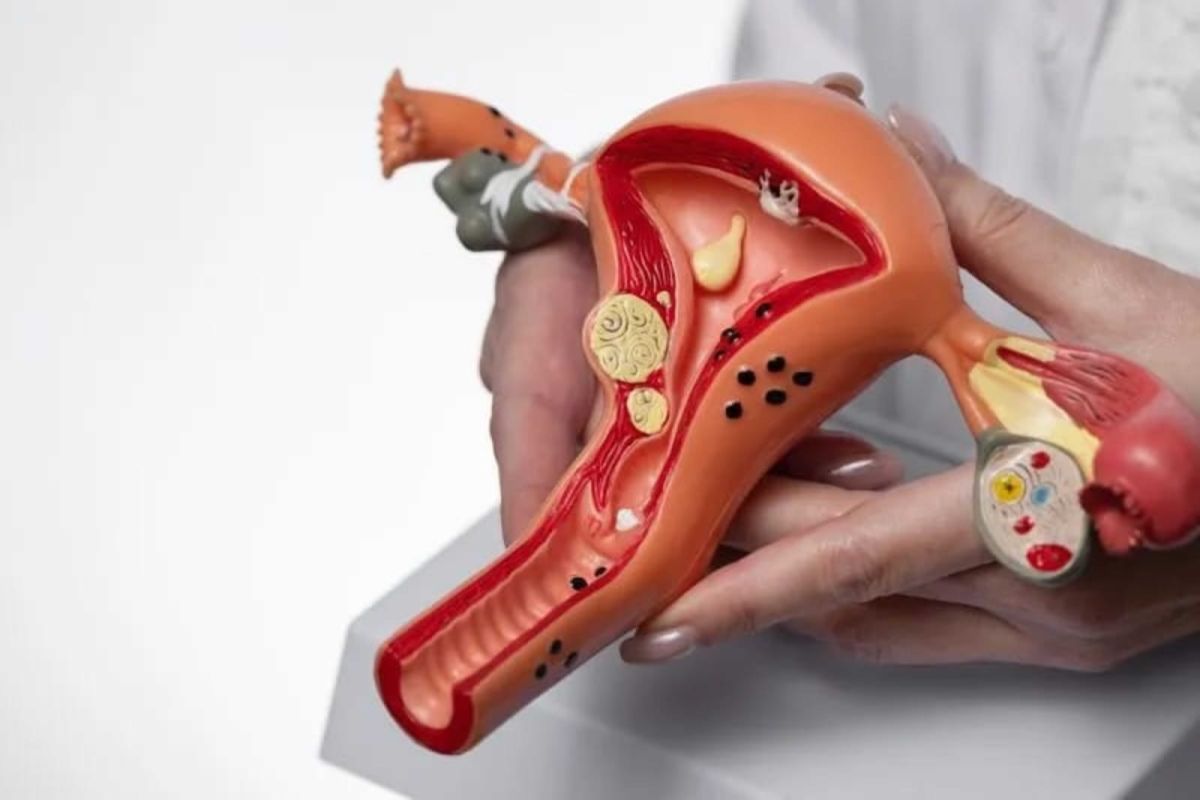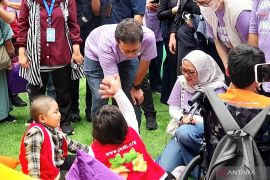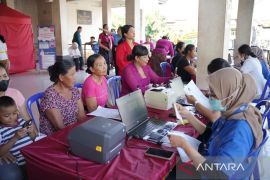"The goal of this program is lowering the stage when first diagnosed to increase survival rate and reduce treatment cost," Director of Prevention and Control of Non-Communicable Diseases at the Ministry of Health Siti Nadia Tarmizi remarked on Tuesday.
Cancer accounts for around 408,661 new cases annually, resulting in 242,988 deaths each year, making it the third leading cause of death following stroke and heart disease, she explained.
Citing data from the national health insurer (BPJS Health), Tarmizi stated that in 2023, cancer treatment costs reached Rp5.9 trillion (USD348 million), making it the second-most expensive health issue in the country.
In addition, the mortality rate for adult cancer patients is still at 70 percent. Meanwhile, in pediatric cancer, almost 70-80 percent of cases end in death upon diagnosis, as these cases are typically identified at stages 3 or 4, she noted.
Tarmizi emphasized that vaccination can prevent infections that can trigger the growth of cervical cancer, suggesting that this type of cancer could potentially be eliminated.
In the cervical cancer elimination action plan until 2030, some 90 percent of females and males aged 15 should receive the vaccine, and 75 percent of all females aged 30 to 69 should undergo screening using a high-performance test (DNA HPV).
"Additionally, 90 percent of women identified as having pre-cancerous cervical lesions and cancer receive standard treatment," Tarmizi added.
The ministry is also expanding the early detection program for various cancers: cervical cancer through IVA and PV DNA examinations, breast cancer via SADANIS (clinical breast examination), SADARI (breast self-examination), and ultrasound examinations; lung cancer through screenings; and colon cancer via screening and occult blood test examinations.
Related news: Baznas, Jordan distribute Rp2 billion aid for Palestinian community
Meanwhile, for pediatric cancer, examinations can be conducted through eye tests for children aged 2-5 years. In addition, her side conducted thalassemia screenings on seventh graders with a family history of the condition as well as on prospective brides and grooms.
To support these initiatives, the ministry drafted the National Cancer Plan for 2024-2034 aimed at health workers, the pharmaceutical industry, the medical supplies and equipment industry, and the general public to improve holistic patient services.
Tarmizi remarked that this cancer service support program is expected to improve cancer services in hospitals. Preparation of facilities and infrastructure is also carried out in stages in accordance with the national cancer support development roadmap.
She indicated that the provision of equipment, including mammography machines, LINAC units, CT simulators, and brachytherapy tools, will be carried out in stages until 2027.
Related news: Indonesia to send 100 doctors abroad annually for oncology study
Translator: Mecca Yumna, Resinta Sulistiyandari
Editor: Rahmad Nasution
Copyright © ANTARA 2025












